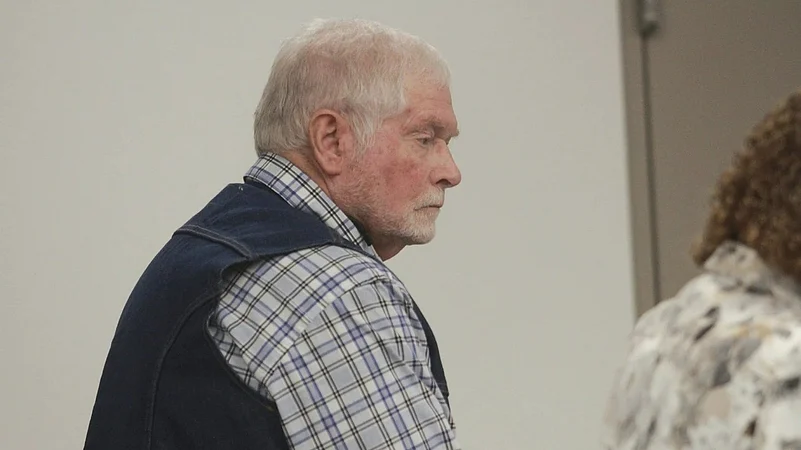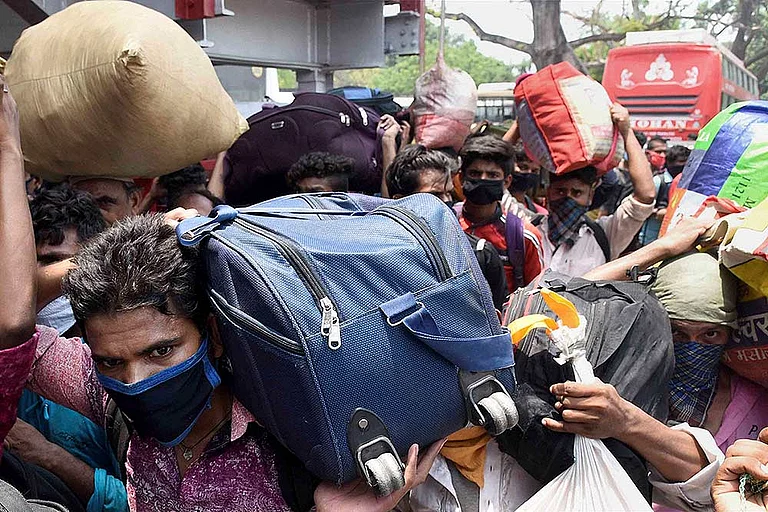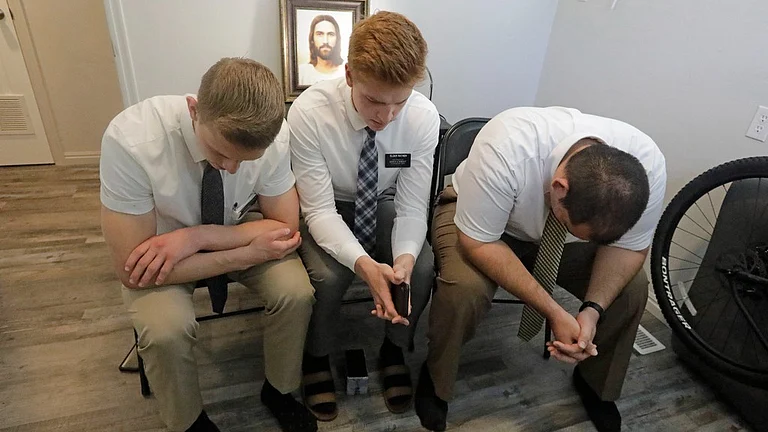After days of tense deliberations, a judge declared a mistrial on Monday in the high-profile case of an Arizona rancher accused of fatally shooting an unarmed migrant on his property last year. The trial, which captured national attention amid heated debates over immigration, ended without a unanimous verdict from the jurors.
The mistrial was announced by the judge after jurors failed to reach a consensus during deliberations that commenced on Thursday. Following the declaration, a hearing was scheduled for April 29, as confirmed by the Arizona Superior Court in Santa Cruz County.
Efforts to obtain comments from prosecutors and Brenna Larkin, Mr. Kelly's attorney, remained unanswered as of Monday evening.
The incident in question occurred on January 30, 2023, in Kino Springs, Arizona, near the U.S.-Mexico border. Gabriel Cuen-Buitimea, along with Daniel Ramirez and other undocumented migrants, encountered a Border Patrol vehicle while crossing the high desert. Upon spotting the vehicle, they dispersed, with Cuen-Buitimea and Ramirez fleeing onto George Alan Kelly's 170-acre ranch. It was then that Kelly allegedly fired his AK-47-style rifle at them, hitting Cuen-Buitimea in the back, authorities reported. Cuen-Buitimea, aged 48, had crossed into the United States from Mexico in search of employment.
The case ignited fervent reactions from opposing sides of the immigration debate. While staunch immigration critics and conservative ranchers portrayed Kelly as a victim, emphasizing concerns over security and livelihoods, many in Santa Cruz County decried the killing and viewed the surge in migrant crossings as a humanitarian crisis.
Facing charges of second-degree murder and aggravated assault with a deadly weapon, Kelly, aged 75, pleaded not guilty last March and was released on a $1 million bond. The trial, which commenced in mid-March, concluded with the jury deliberations that commenced on Thursday. Kelly had previously rejected a plea deal that would have reduced the charges to one count of negligent homicide.
During closing arguments, Michael Jette, a deputy Santa Cruz County attorney, portrayed Kelly's actions as reckless, asserting that he fired multiple shots at Cuen-Buitimea without warning. Jette cited Cuen-Buitimea's severe injuries, including a severed aorta and broken ribs, as evidence of the severity of the incident.
In contrast, Kelly's attorney, Brenna Larkin, presented a divergent narrative, contending that Kelly perceived a genuine threat to his safety upon encountering armed individuals on his property. Larkin maintained that Kelly fired a warning shot in self-defense after one of the men pointed a rifle at him.
Disputing whether Kelly fired the fatal shot, Larkin raised the possibility of Cuen-Buitimea's involvement in a gang conflict. She underscored her client's perceived vulnerability in the face of escalating migrant crossings on his property, asserting his right to self-protection.




























